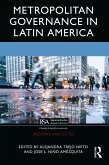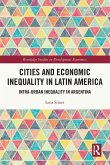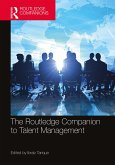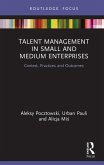In a period of about 20 years, Latin America (LATAM) moved from having highly unstable closed economies ruled by authoritarian regimes, to becoming more democratic, stable and open to investment and trade, attracting by 2020 close to 11% of world total foreign direct investment. In parallel, the region has seen the emergence of large multinational companies (so called multilatinas), which have become true global players. There is still relatively little knowledge about how to manage employees in these countries and there is a need for more research addressing people management problems. In comparison with other world regions, Human Resource Management research on Latin America remains scarce. Focusing on this region, this book seeks to offer a more up to date review of the main developments in HRM and talent management that have recently occurred in Latin America, paying attention to local cultural and institutional factors; illustrate examples of idiosyncratic problems or issues that require approaches to TM that differ significantly from those commonly established in current literature; and describe and reflect on the transfer of Talent Management policies from and to LATAM within the context of local and foreign multinational companies. Talent Management in Latin America updates main HRM topics in Latin America, with a local focus on culture and institutions. It shows the latest state of knowledge on the topic and will be of interest both to researchers, academics, and students in the fields of human resource management, critical management studies, and international business.
Hinweis: Dieser Artikel kann nur an eine deutsche Lieferadresse ausgeliefert werden.
Hinweis: Dieser Artikel kann nur an eine deutsche Lieferadresse ausgeliefert werden.








